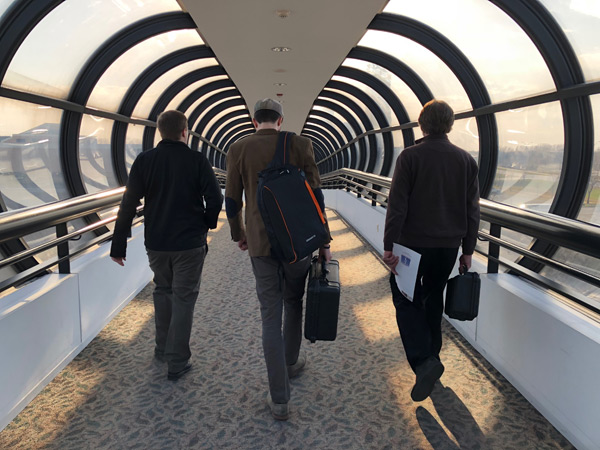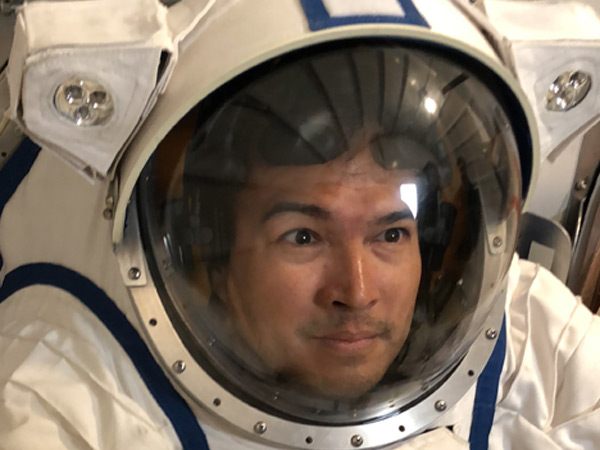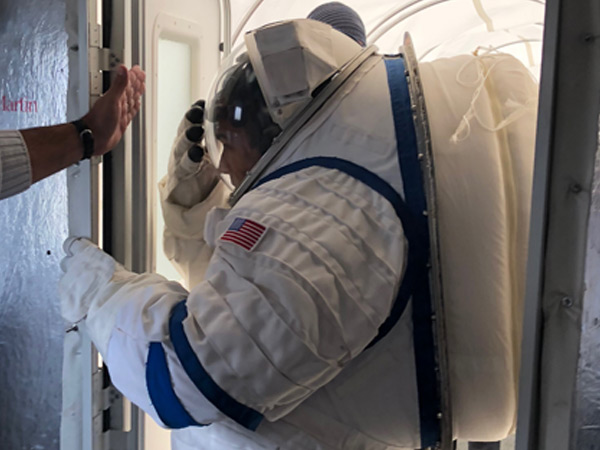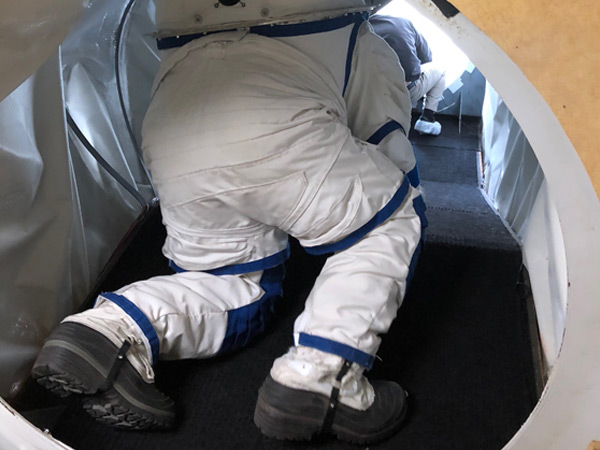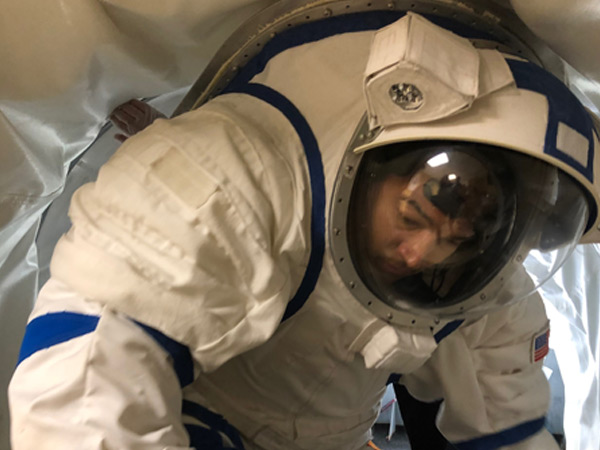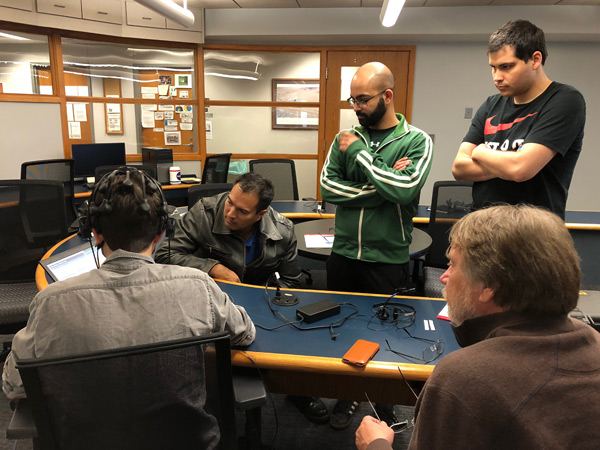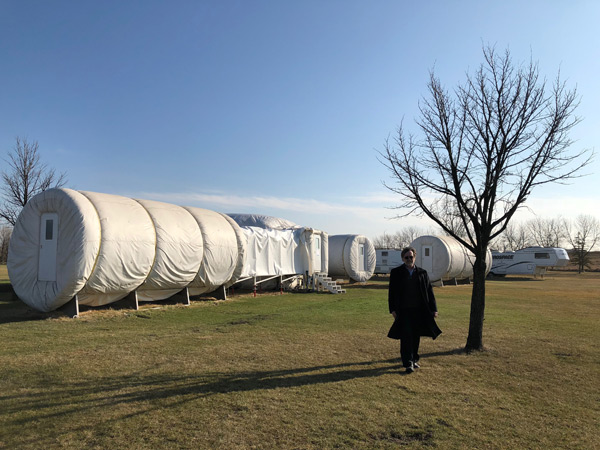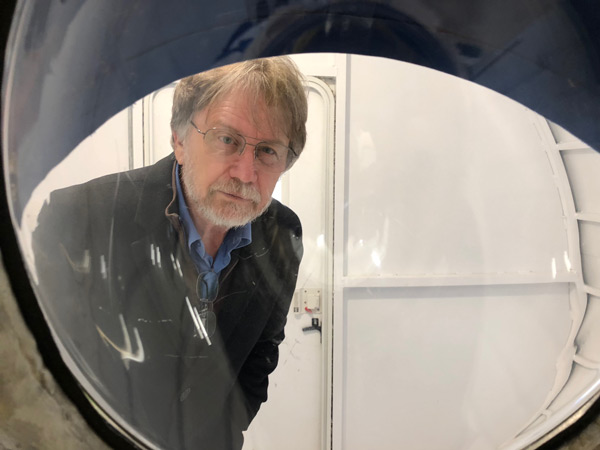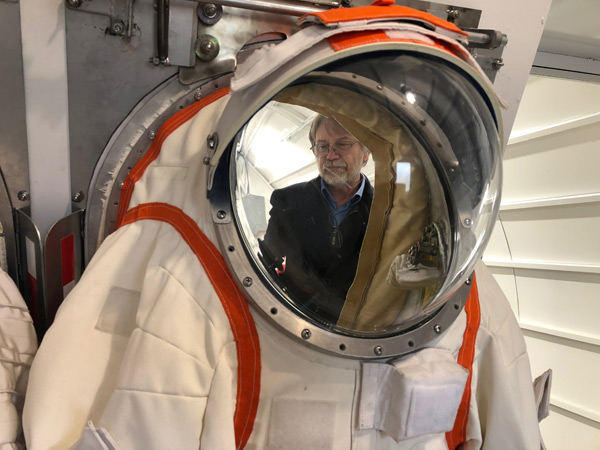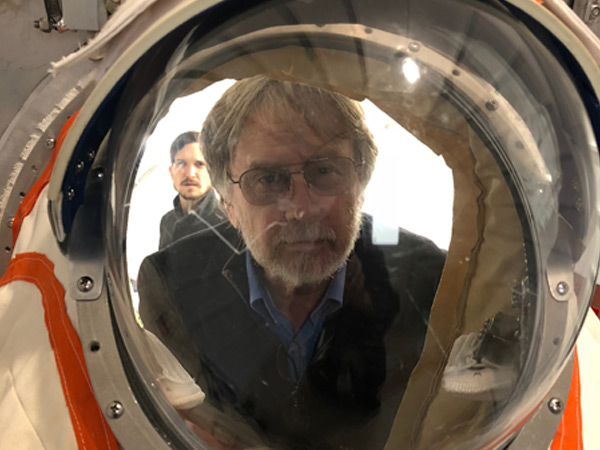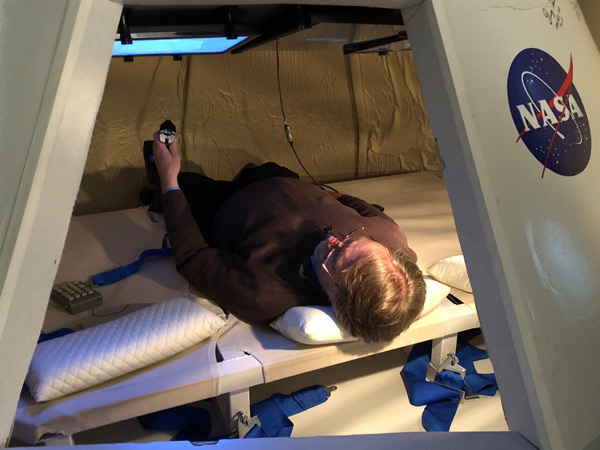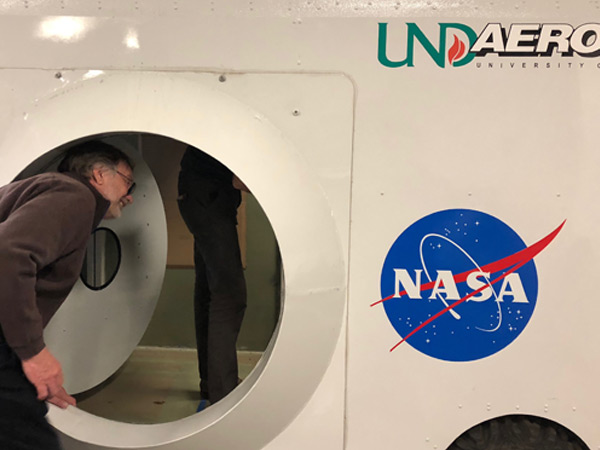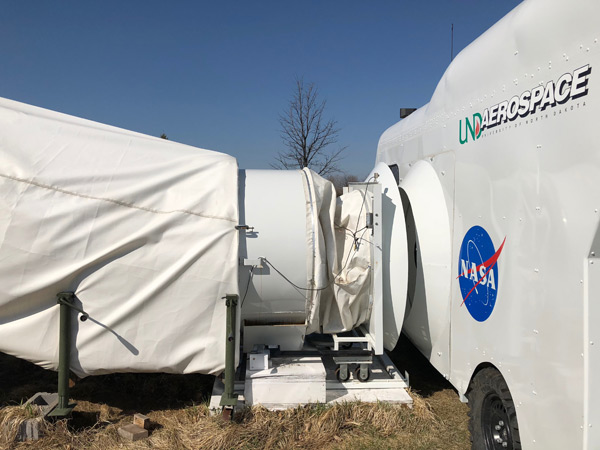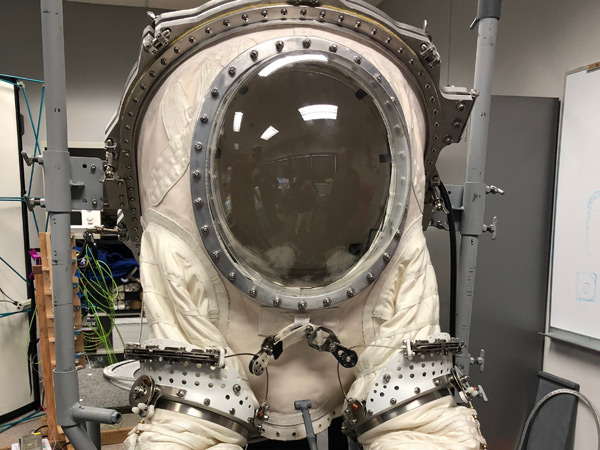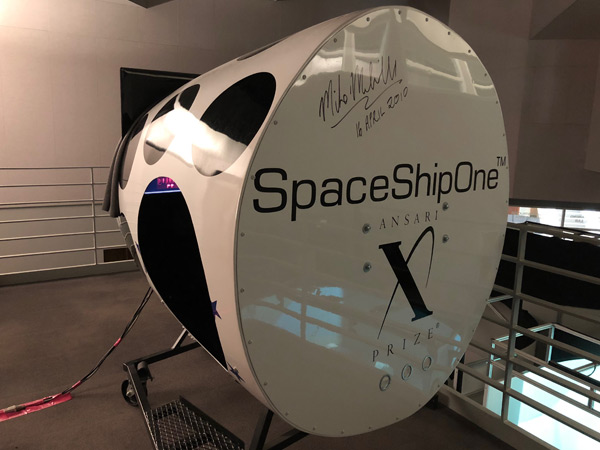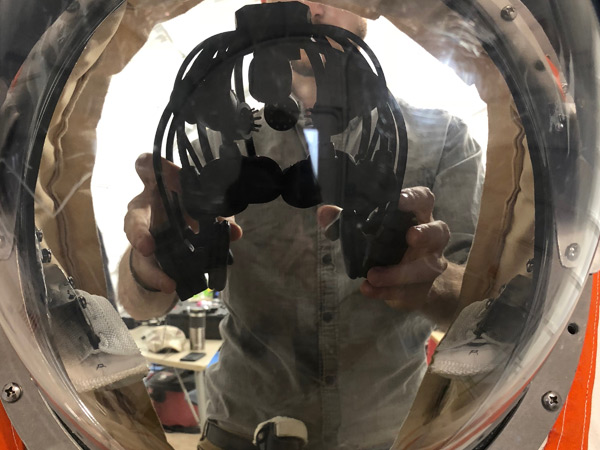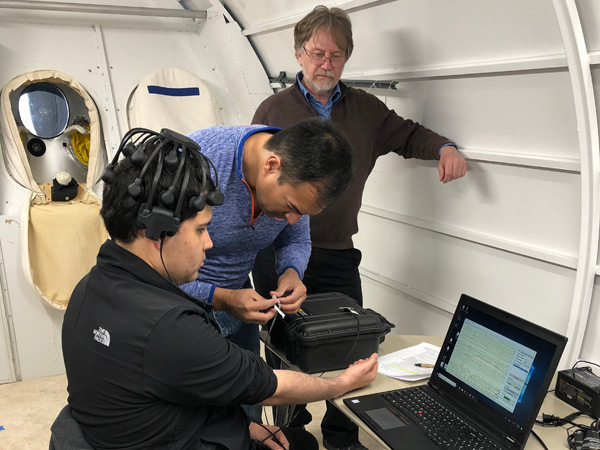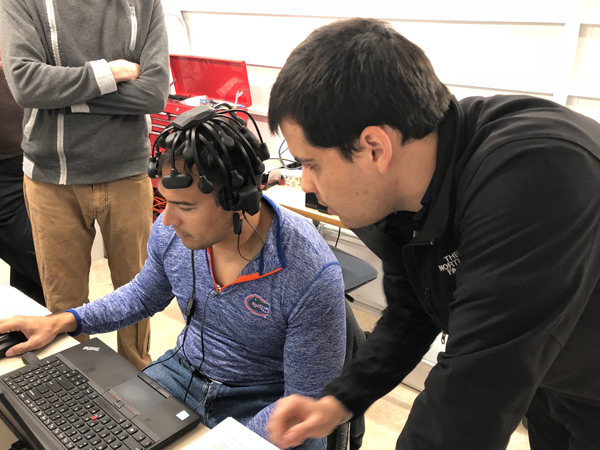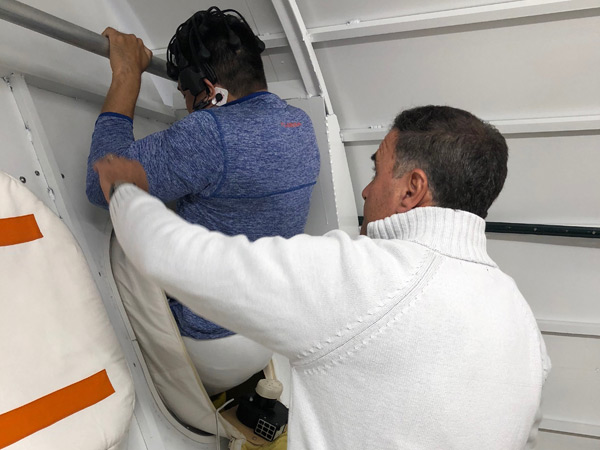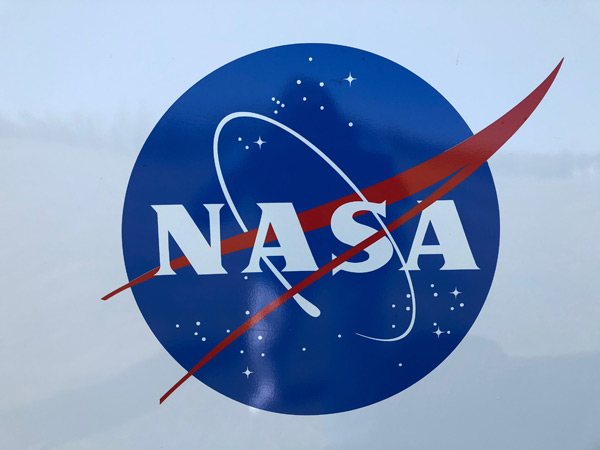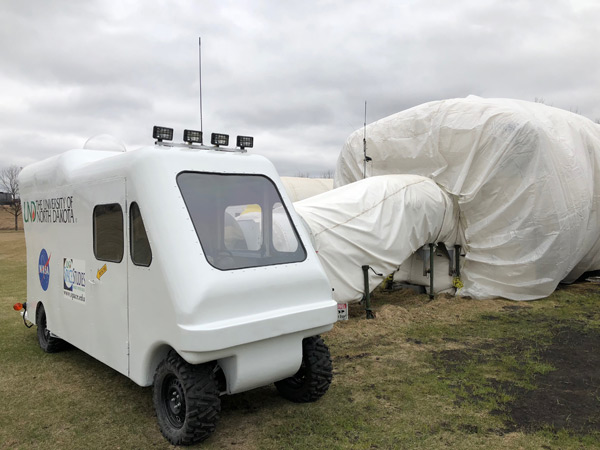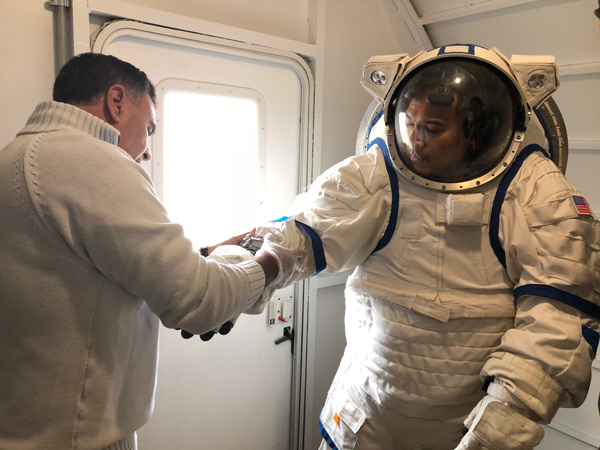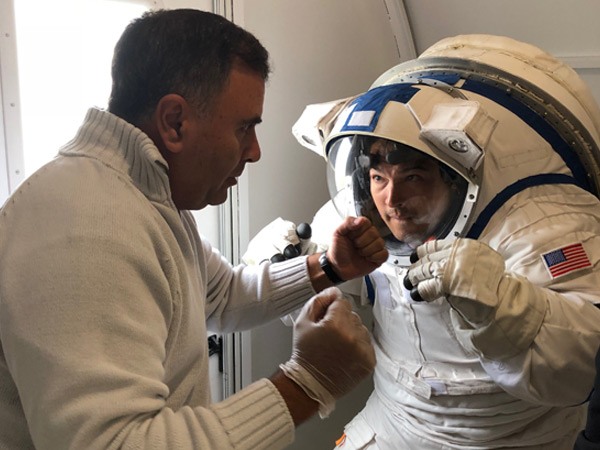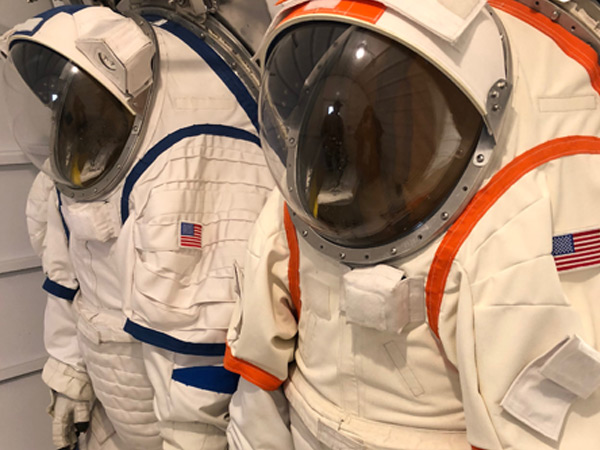NewSpace Research
Old Space combined and merged into New Space – philosophically and technologically
NTLgroup along with its International teams that specialize in Neuro-imaging, Neuro-computing, Neuro-statistical Analysis, Programming and AeroSpace Engineering is at the leading edge of this new wave of change with its NeuroCodex® and NeuroCoach® technology.
By definition, this NewSpace Technology means a morphing of public with private partnerships with regard to the latest in technology and engineering that will lead to less expensive, more adaptable technologies for use here on earth as well as in space. This merging technology should lead to major U.S. space projects benefiting from the private sector’s innovations and entrepreneurial ventures that will ultimately lead to the best of both worlds. These NewSpace cutting-edge innovations along with the speed of development from the private sector, can be coupled with the safety and reliability associated with government led OldSpace.
NTLgroup’s technology is currently used here on earth for Neuro-based brain peak performance and acceleration. But more recently, it is also being studied for use in space for astronauts and crew as a countermeasure in order to keep their brain at peak functional performance while in space and to counteract the effects of zero-gravity and radiation from space travel over long duration missions.
Dr. Curtis Cripe’s early years at the Jet Propulsion Laboratory (JPL) in Pasadena, California saw him involved at every level in the NASA missions to Mars, Venus, Jupiter, and beyond with Voyager, Viking, and Mariner 10 Missions. Additionally, he worked as team lead on numerous projects for the Department of Defense and (GPS) Global Positions System Research.
From Outer Space to Inner Space of the brain, Dr. Cripe has been instrumental in leading the NewScience of the Brain and looking at Deep Brain issues, much like he did with Deep Space missions.
As Director of Research for NTLgroup, Dr. Curtis Cripe has been developing programs and brain-based technology that can be used not only in space in order to measure and deliver counter-measures for neuro changes that will occur in space, but also has effectively over the past 3 decades applied his vast knowledge to help those with brain based issues, such as traumatic brain injuries (TBI), ChemoBrain (cancer survivors who have undergone chemotherapy), brain development for children with neurodevelopment issues, and those who are working through addiction issues. The work done in space will continue to push the envelope for the work that is needed here on earth and accelerate that refinement and implementation.
As a visiting scholar for Interdisciplinary Collaborative on Health, Environment and Human Performance for Fordham University and as a founding member and Subject Matter Expert of Behavioral Health for Deep Space Readiness Consortium (DSRC30) Mission to Mars 2033, Dr. Cripe has been invited to speak and present his NeuroEngineered Science Research and Technology at multiple Space conferences internationally.

